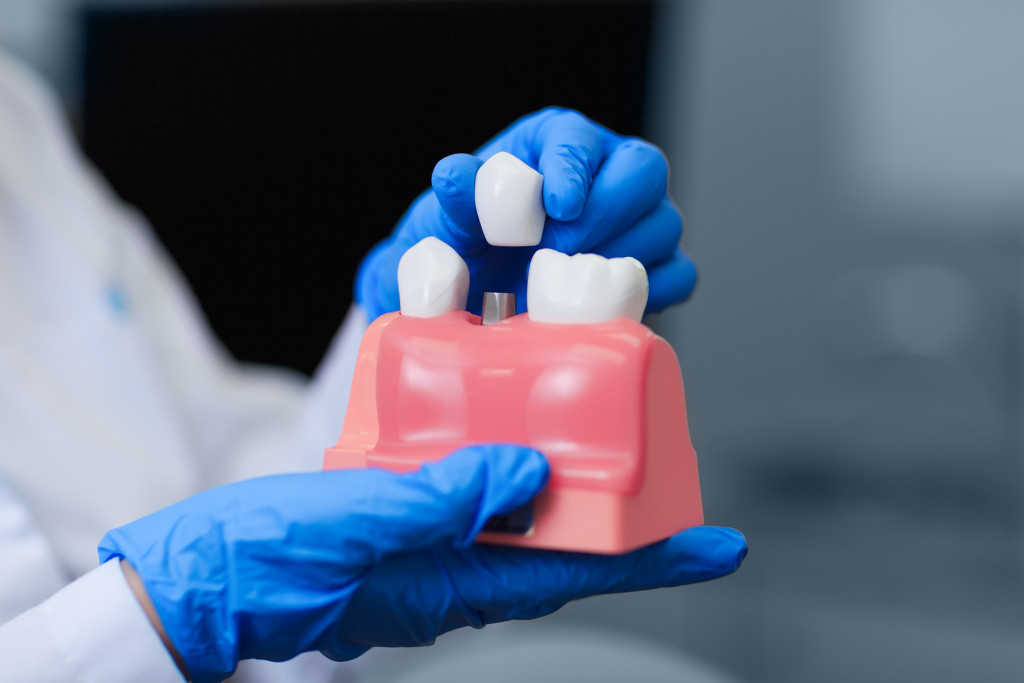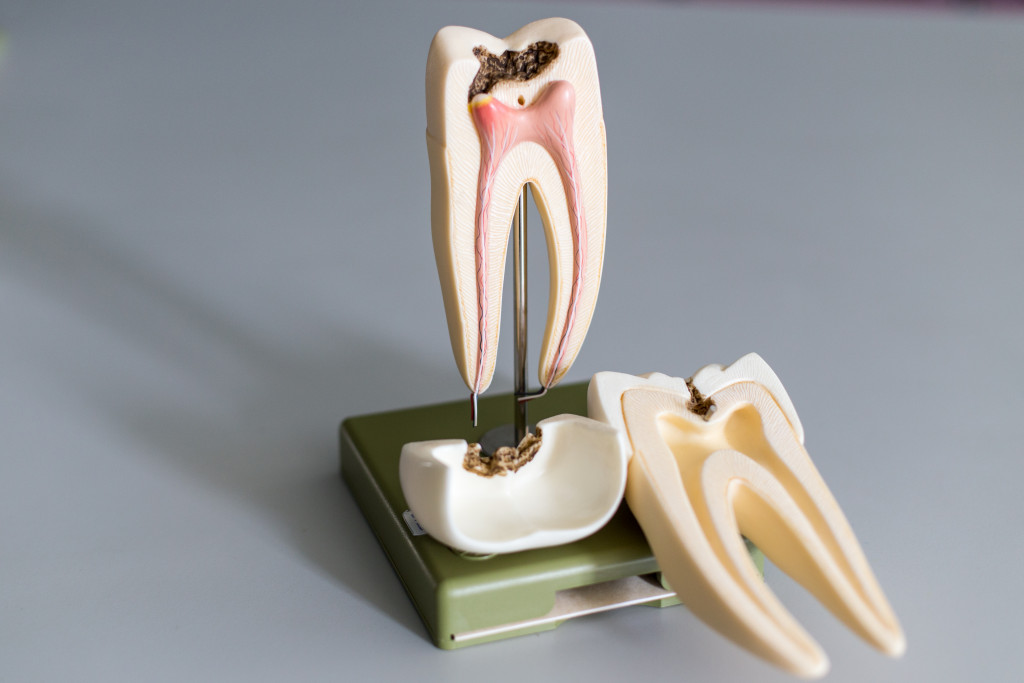Disclaimer: This website provides health information for educational purposes only and is not a substitute for professional medical advice, diagnosis, or treatment. Always seek the guidance of a qualified healthcare provider with any questions you may have.
Tooth decay is a common problem among older adults. In fact, according to the Centers for Disease Control and Prevention (CDC), almost one in four adults aged 65 and over have tooth decay that has not been treated. This can lead to serious health problems, including pain and infection. Read on to learn more about the causes of tooth decay in older adults, as well as prevention and treatment tips.
Causes of Tooth Decay
Many factors, including poor oral hygiene, a high-sugar diet, and a dry mouth, cause tooth decay. These factors can lead to plaque formation, a sticky film of bacteria that clings to teeth and gums. Plaque can eventually harden into tartar, which is even more challenging to remove. If tartar is not removed, it can cause tooth decay and gum disease.
Some people develop tooth decay due to the medications they are taking. Certain medical drugs can cause dry mouth and reduce saliva production, increasing tooth decay risk. Additionally, some medicines contain sugars that can contribute to plaque and tartar formation.
Other rarer causes of tooth decay include poor nutrition, acid reflux, and mouth breathing. This is why it’s essential to consult with a dentist or doctor if you are experiencing symptoms of tooth decay.
Preventing Tooth Decay
You can do several things to prevent tooth decay in your old age, including brushing your teeth twice a day with fluoride toothpaste, flossing daily, and eating a healthy diet. Brushing your teeth is especially important after eating sugary snacks or drinking soda. Additionally, limiting sugar consumption can help reduce plaque and tartar formation.
Your diet should include plenty of fruits and vegetables, which have fiber to help clean your teeth. Dairy products such as milk, cheese, and yogurt are essential for keeping your teeth healthy. Many dairy products also contain calcium, which helps to keep your teeth strong and prevents cavities.
You may also want a mouth rinse containing fluoride or tartar-control toothpaste. These products can help reduce the buildup of plaque and tartar, which can lead to tooth decay. Of course, regular visits to the dentist for check-ups and cleanings are essential for preventing tooth decay as well.

Treating Tooth Decay
If you already have tooth decay, it is essential to see your dentist so they can treat it before it gets worse. Tooth decay at its worse will require tooth implant surgery to replace a missing tooth, so it’s best to tackle the problem early. The procedure will only take a few minutes, and your dentist will use local anesthesia to make it as comfortable as possible.
Your dentist may recommend having a dental filling or crown placed to protect the affected tooth. If you have severe tooth decay, your dentist may recommend a root canal or other more invasive procedures. Depending on the extent of the damage, your dentist may also refer you to an endodontist or periodontist for treatment. They may also prescribe you antibiotics to help fight any infection that may have occurred as a result of the decay.
Some other things you can do to treat tooth decay include using mouthwashes and rinsing with salt water. You may also choose to use over-the-counter treatments such as gels, strips, and toothpaste to help fight the decay. Whichever treatment your dentist recommends, it is important to follow their instructions to ensure the best results.
Avoiding Further Damage
After treating tooth decay, it is important to keep up with your oral hygiene routine and regular dental visits. Follow your dentist’s instructions regarding brushing, flossing, and rinsing to prevent further damage. Try to avoid eating sugary snacks and drinking soda as much as possible, and consider switching to a sugar-free alternative. Additionally, if you take medications that can cause dry mouth, discuss this with your doctor and dentist to see what steps you can take to reduce the risk of further decay.
Because older adults may also face other health issues, it is important to speak with your doctor and dentist about preventive measures you can take to keep your teeth healthy. Different medications, therapies, and treatments can help to protect your teeth from decay in the long run.
Tooth decay is a common problem among older adults, but it is preventable with good oral hygiene and a healthy diet. If you already have tooth decay, be sure to see your dentist so they can treat it before it gets worse. You can also speak with your doctor and dentist about preventive measures you can take to keep your teeth healthy. With proper care, you can maintain a healthy mouth as you age.

